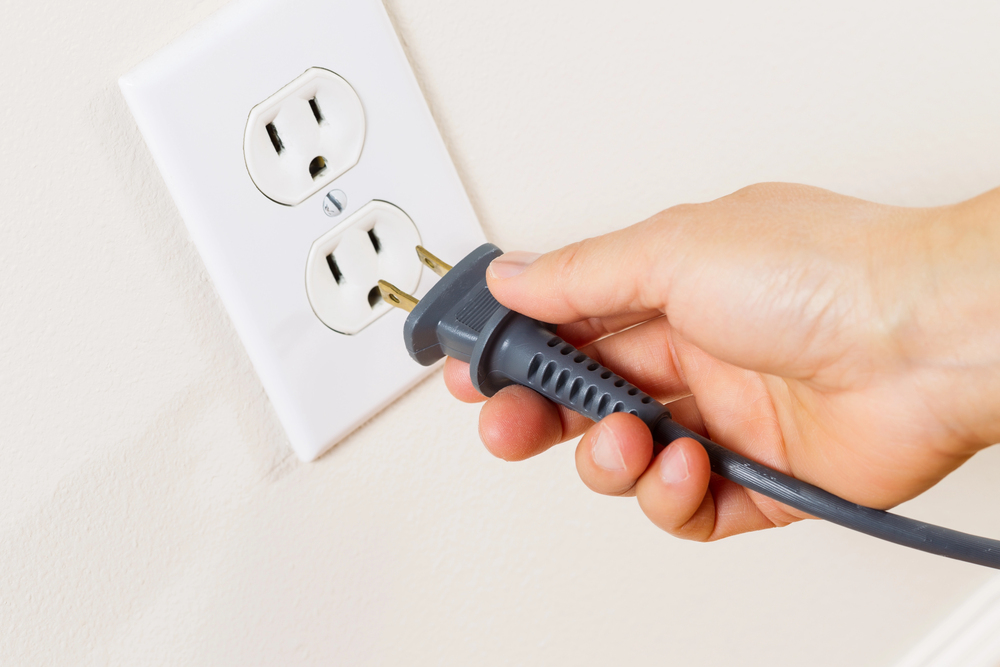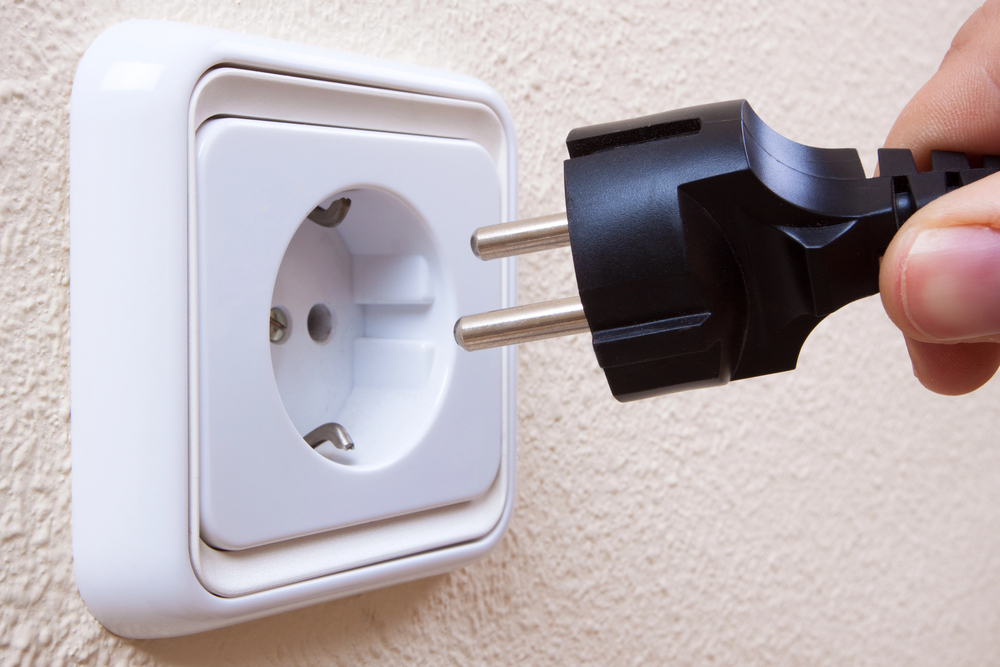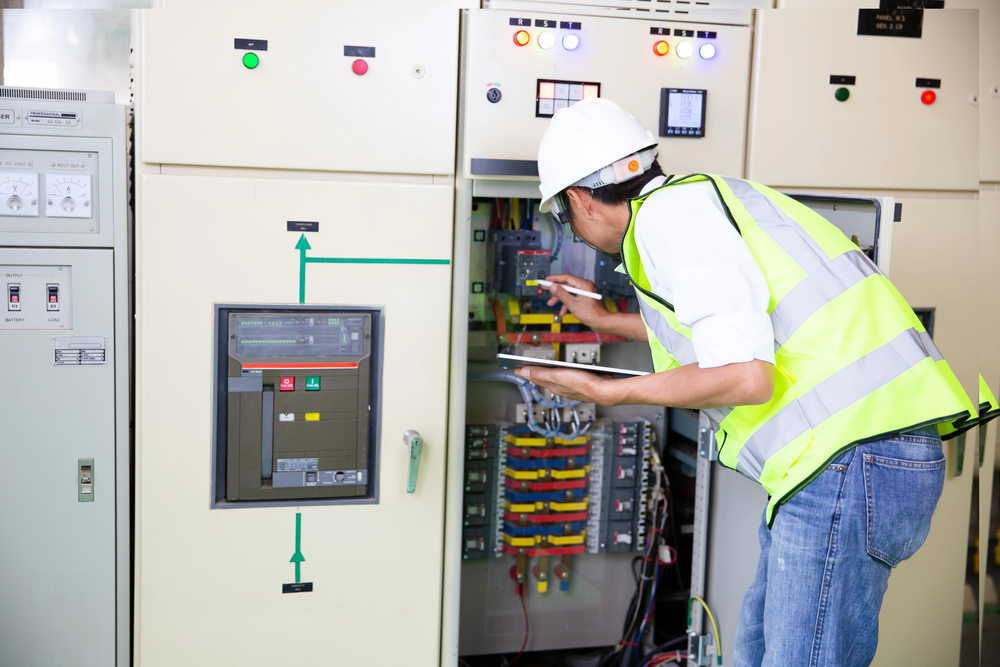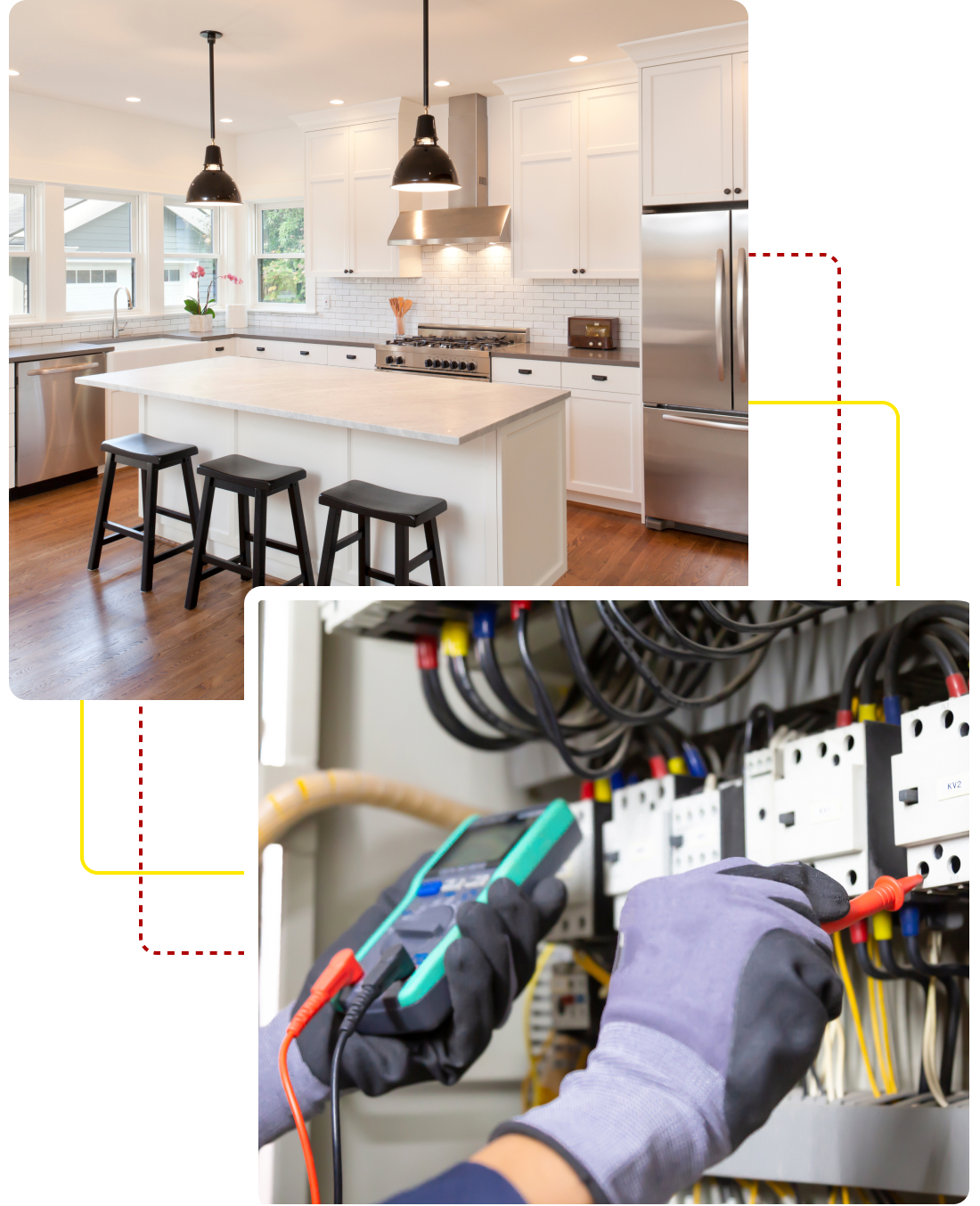Once you’ve been through a few lengthy power outages, you probably find yourself considering a whole-home generator to power your entire home during the next blackout. Also called standby generators, these reliable backup power sources are permanently installed in your home by a professional electrical contractor. When choosing a standby generator, it’s important to select a unit that is the right size for your needs.
Why Generator Size Matters
Size is the most important factor to consider when choosing a generator. If you end up with a generator that is too large, you’ll waste money when buying the generator and when trying to fuel it. If you choose a generator that is too small, you run the risk of overloading it by forcing it to supply more power than it can handle. When this happens, the best-case scenario is that the generator shuts off, leaving you without power. The worst-case scenario is that the generator overheats, damaging itself and your electrical appliances. You can avoid these situations by making sure you get exactly the right size generator for your needs.
How Generators Are Sized
The term “size” is a little misleading, since generators are not sized by their physical measurements. Instead, size actually refers to the amount of power a generator can provide, or their electrical output. This is measured in watts. The smallest generators, such as portable generators used for camping, produce around 800-1000 watts. Large industrial generators can produce up to 500,000 watts. Portable generators for home use generally go up to 7,500 watts, although some high-end models offer up to 17,500. Standby home generators can typically produce up to 22,000 watts.
How Much Power Do I Need?
How much power you need depends on your home, your appliances, and what you want to run during a power outage. You can calculate the amount of power you need by following these steps:
- List out every appliance you want to power. This may be everything, or it might be just some essential appliances, like your fridge, furnace, and water heater.
- List the starting* and running wattage of every appliance that you’ve listed. You can either find these figures on the labels of your appliances, or you can use general estimations found online. Most generator manufacturers offer generator sizing charts that list the average wattage requirements of all common home appliances.
- Add all of these wattages together and look at the total starting wattage number.
Your total starting wattage number is the amount of power that you will need a generator to supply. Based on this calculation, you can choose the appropriately sized generator for your needs.
*”Starting wattage” is the amount of power that an appliance needs to turn on, which is typically much higher than the amount it needs to run. For example, a refrigerator may need around 2900 watts to start its motor, then 700 to keep running. To run your refrigerator, you need at least 2900 watts, since it won’t run if its motor can’t start.
Be Ready for the Next Power Outage in Houston, TX
When properly sized, generators can provide reliable power through the longest outages. The best way to ensure that you’re ready for a power outage is to consult a reliable electrician for generator installation and repair. At Aaron’s Electrical, we install standby generators in Houston homes. Our friendly team can help you choose the right generator for your needs, then expertly install it so that you’re completely ready for the next big storm.
Contact us online or call us at 281-719-0464 for Houston or (469) 802-0231 for Dallas to request a free estimate for generator installation in Houston, TX.





